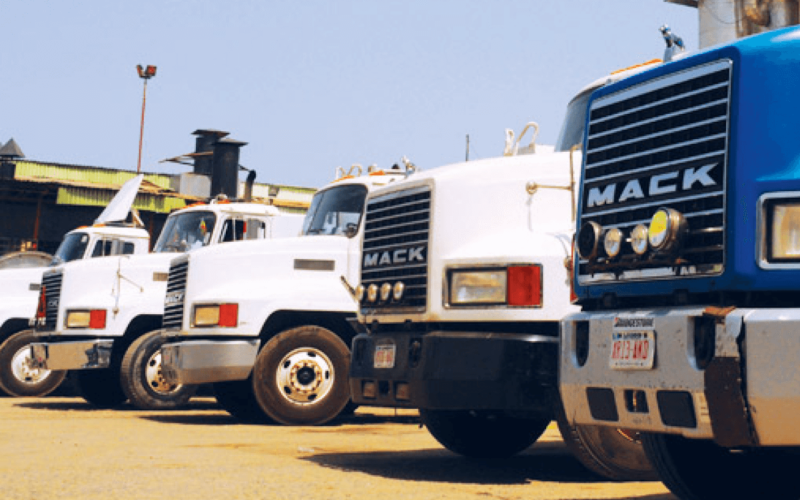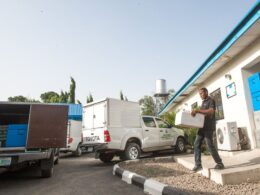Nigeria’s logistics and transportation sector plays a crucial role in economic development, facilitating trade, improving supply chain efficiency, and enhancing connectivity across the country and West Africa. In 2025, significant advancements have been made in infrastructure and fuel technology, shaping the future of logistics in Nigeria.
1. The Bakassi Deep Seaport: Boosting Agricultural Exports
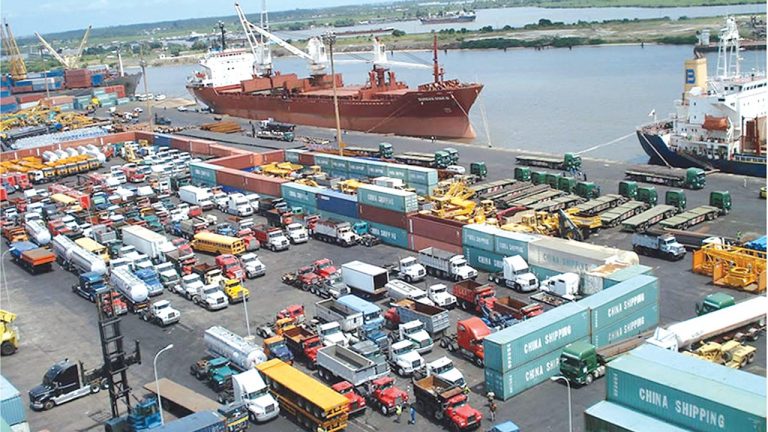
One of the most notable logistics projects in Nigeria is the Bakassi Deep Seaport, which aims to transform the country’s maritime industry. Initiated in 2014, this project is designed to ease congestion in Lagos and Port Harcourt ports while providing a dedicated hub for the export of agricultural products.
In February 2025, the Cross River State Government signed an agreement with ARISE Integrated Industrial Platform, a UAE-based firm, granting them an 80% stake in the seaport project. This partnership marks a major milestone in Nigeria’s quest to enhance trade routes and boost exports. The deep seaport is expected to improve efficiency in logistics by offering quicker turnaround times for vessels and better handling of bulk goods, particularly agricultural products. This will not only increase Nigeria’s export revenue but also create job opportunities in maritime and logistics-related industries.
2. The Shift to Compressed Natural Gas (CNG) in Transportation
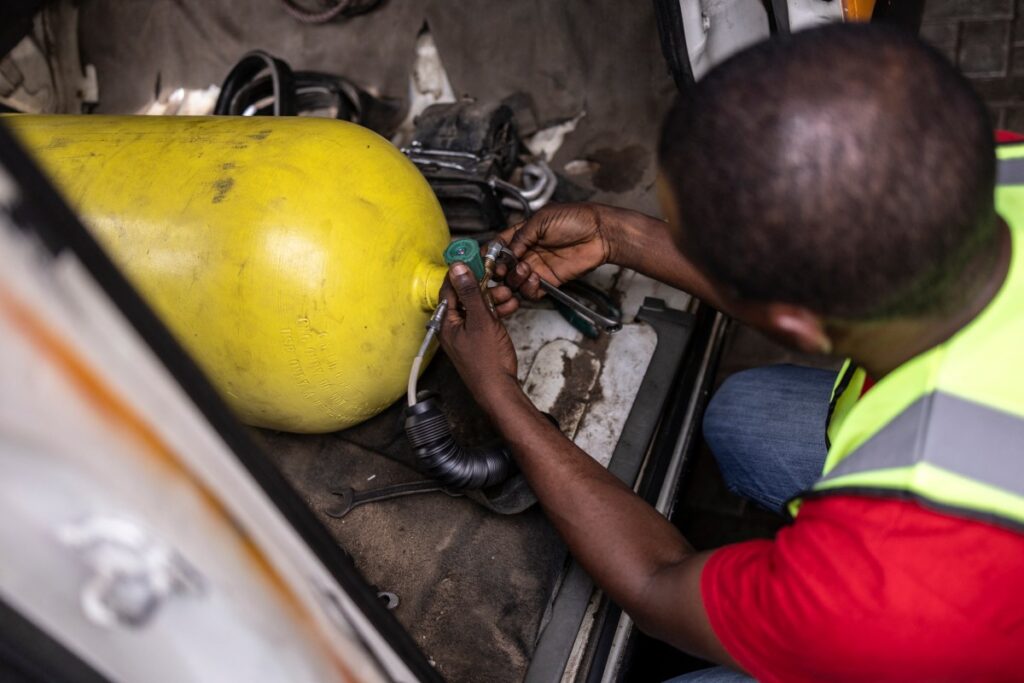
With rising fuel prices affecting transportation costs, Nigeria has embraced Compressed Natural Gas (CNG) as an alternative to petrol. The Presidential CNG Initiative (PCNGI) is set to revolutionize logistics by promoting the conversion of petrol-powered vehicles to CNG, aiming to reduce transport costs by up to 40%.
As of 2025, the Nigerian government has launched a massive push to convert 150,000 vehicles to CNG by the end of the year, with a goal of reaching 1 million converted vehicles by 2027. CNG costs significantly less than petrol, making logistics more affordable for businesses reliant on road transport, such as manufacturers, distributors, and e-commerce platforms.
For logistics companies like Coche Ride, this shift means lower operational costs, allowing businesses to offer more competitive pricing while maintaining efficiency. It also contributes to Nigeria’s energy transition strategy, reducing dependence on imported fuel and leveraging the country’s vast natural gas reserves.
3. Strengthening Nigeria’s Supply Chain Resilience
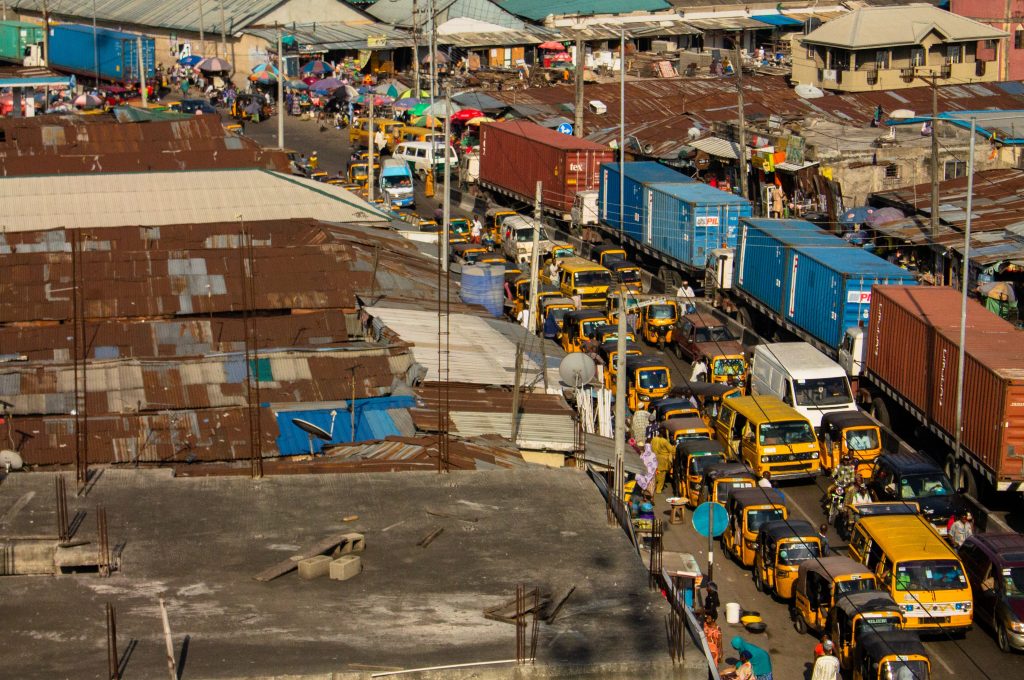
The logistics sector is also benefiting from digital transformation and real-time tracking solutions. Companies are increasingly adopting smart logistics platforms to manage fleets efficiently, optimize routes, and minimize delays. Coche Ride, for instance, provides businesses with an easy way to connect with trusted truck operators, ensuring secure and seamless freight movement across Nigeria and West Africa.
Additionally, investments in logistics hubs and inland container depots are streamlining supply chains, reducing transit times, and improving overall trade efficiency. With a more structured logistics system, businesses can avoid bottlenecks and ensure timely delivery of goods to markets.
4. The Future of Logistics in Nigeria
With initiatives like the Bakassi Deep Seaport and the CNG transition, Nigeria’s logistics and transportation sector is on a path to transformation. The improvements in infrastructure, fuel efficiency, and supply chain technology will enhance trade, create jobs, and strengthen economic stability.
As businesses and logistics providers adapt to these changes, they can leverage new opportunities to expand, reduce costs, and drive economic growth. Whether through seamless freight services or adopting CNG-powered fleets, the future of Nigerian logistics is brighter than ever.
Stay ahead of the curve with Coche Ride – your partner in seamless, smart, and cost-effective logistics!


